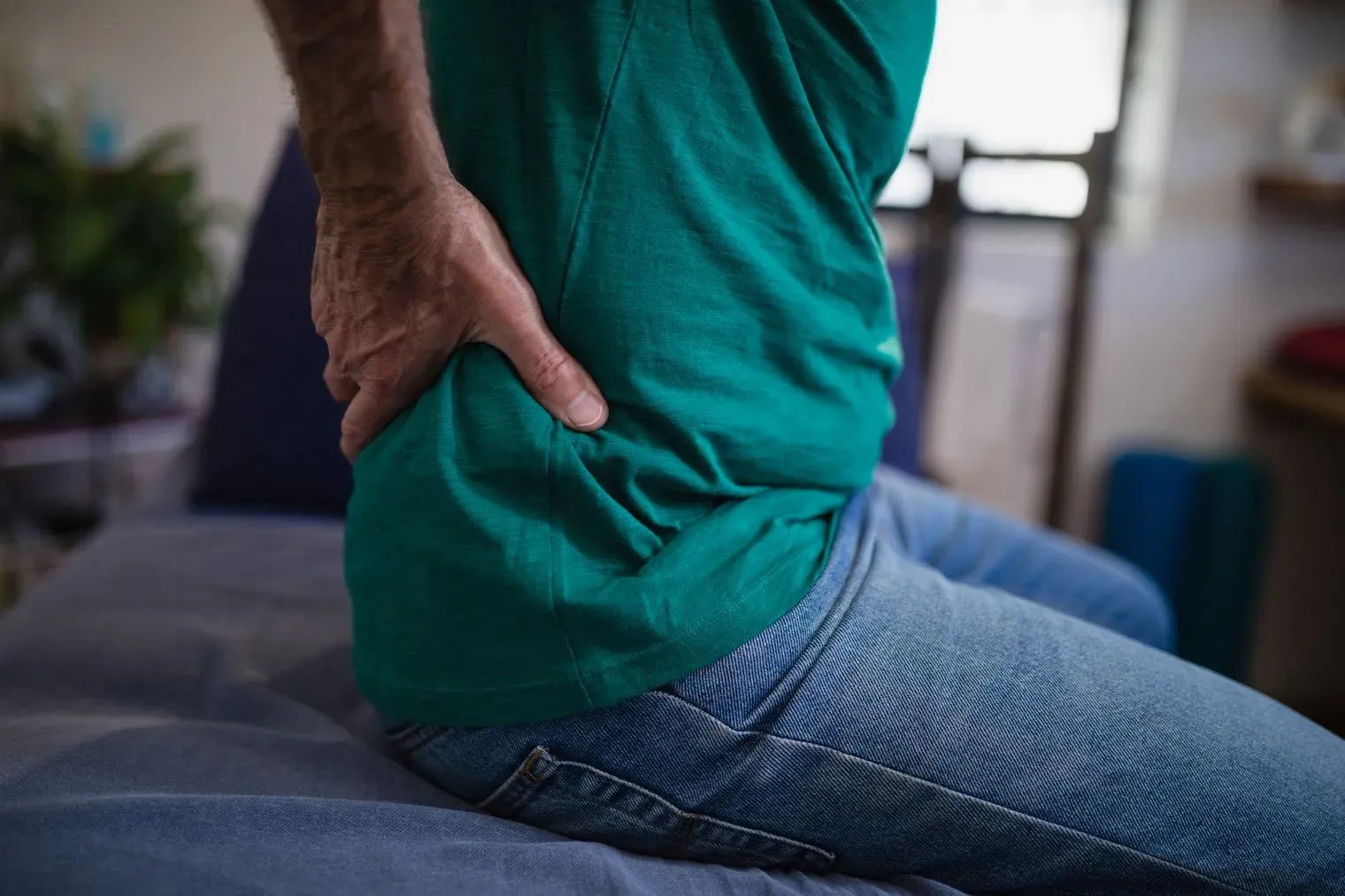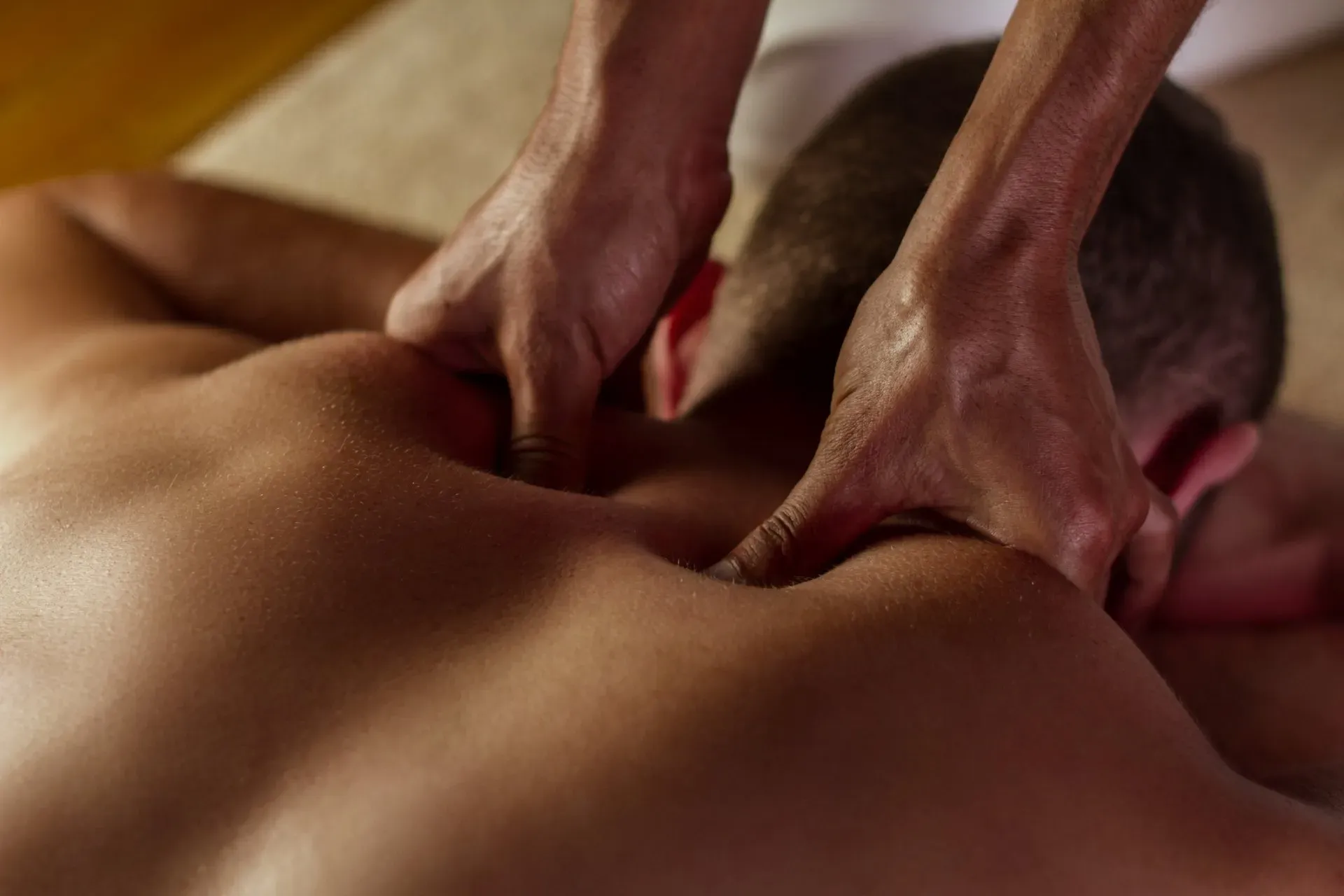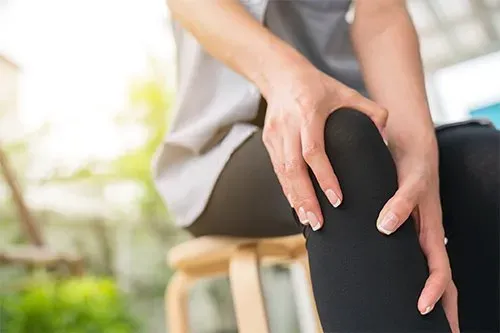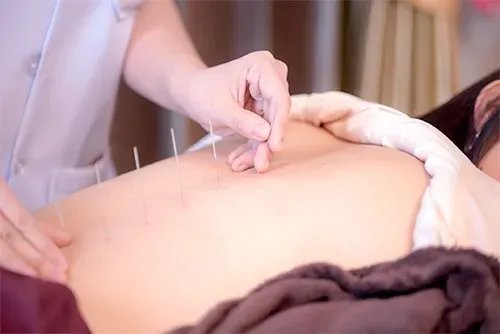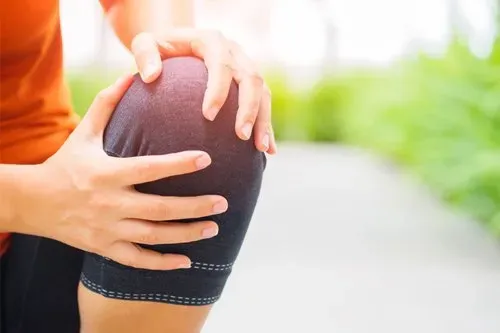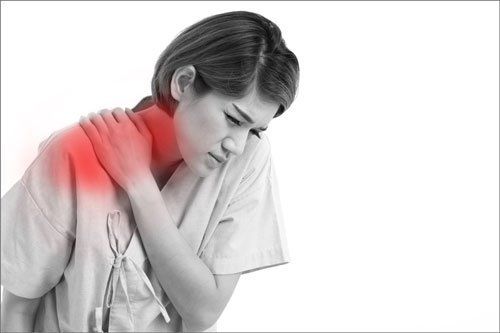Ways To Manage Your Back's Trigger Points
Ways To Manage Your Back's Trigger Points
If you feel like you have a knot in your back, you may actually have a trigger point. Trigger points aren't knots at all, but taut bands of tissue that no longer glide easily. While your trigger points may be caused by an underlying illness, simple things - like poor posture or repetitive motions - can cause trigger points.
Here are just a few ways to manage trigger points.
Acupuncture and Myofascial Release
At first glance, acupuncture and myofascial release may not seem to have much in common. Acupuncture requires fine needles while myofascial release is a hands-on massage technique. However, both modalities have the same goal in mind: to stimulate acupoints.
Acupoints originate from Traditional Chinese Medicine (TCM) and pinpoint common areas in the body that hold tension. When an acupuncturist stimulates the acupoints with needles, your body's trigger points will twitch and eventually relax. If you aren't keen on the idea of needles, then myofascial release may be a good option.
Instead of using broad strokes, like effleurage, the therapist will work more slowly and deeply on acupoints to release trigger points. Both acupuncture and myofascial release can help your body release endorphins, which can boost your mood and dampen pain as well.
If you have these trigger points worked on regularly, your blood circulation will improve, which can help your muscles eliminate metabolic waste and relax.
Trigger Point Injections
If the massage therapy or acupuncture treatments aren't working, you may want to consider injection therapy to relieve the pain.
Trigger-point injections are a non-invasive way to eliminate pain without major surgery. During treatment, your doctor will inject a numbing anesthetic, like lidocaine, to numb the trigger point area. Then, your doctor will inject a steroid that will bring swelling and inflammation down.
Ideally, your muscles will relax enough that fresh blood will circulate to the area and heal any taut tissues.
Hydration and Proper Diet
Drinking the recommended amount of water every day for your weight and activity level is important. Your muscles are 70% water, so the more you stay hydrated, the less tight and painful those trigger points will be.
Besides hydrating enough, you should also cut back on dehydrating foods, like deli meats, potato chips, fast food, and soda. If you cannot get all of your needed vitamins in your diet, consider taking supplements for iron, folic acid, Vitamin B, and Vitamin C.
Proper hydration and exercise can help trigger points from forming the first place or prevent them from getting much worse.
Strength Training
If you haven't done strength training exercises before, ask your doctor where to start. You should always start a new training program slowly and with the correct form.
Strength training is a great way to reduce trigger points since muscle imbalances - like a strong bicep and a weak tricep - can cause pain and overstretched muscles. For example, if you have an imbalance in the strength of the pectoralis major and rhomboids or trapezius muscles, then you can develop hunched posture. This poor posture in turn can cause trigger points in your upper back as your shoulders slump forward and your upper back overstretches.
Invest in a TENS Unit
TENS stands for transcutaneous electrical nerve stimulation. While some healthcare providers use these devices in their office, you can actually purchase one for home use. They are sometimes covered by insurance if you have a chronic condition and recurring trigger points.
When small electrode pads from these devices are placed on a trigger point, they will send a pulsing current that actually interrupts the body's pain signals. If your muscles are too guarded and tense for a massage, using a TENS unit beforehand could help your muscles relax enough for deep-tissue work. Some people like to use these devices after working out since they can relieve spasms or delayed-onset muscle soreness in trigger point areas.
These are just a few ways to relieve trigger points. At Pain Care Management, LLC, we want to help you relieve trigger points and other areas of pain. Contact us today for more information.


